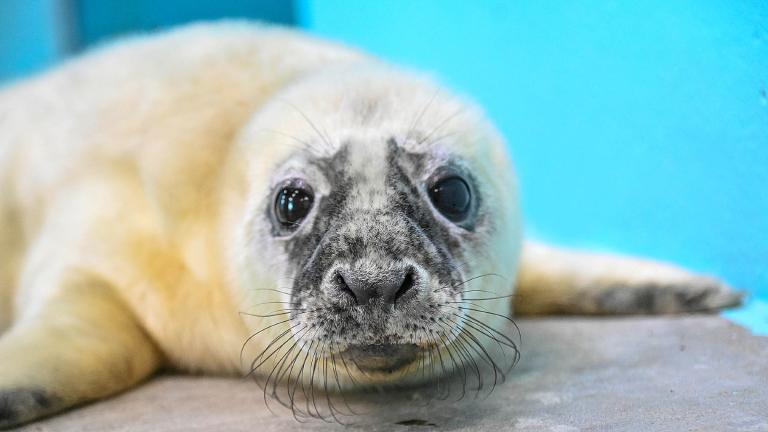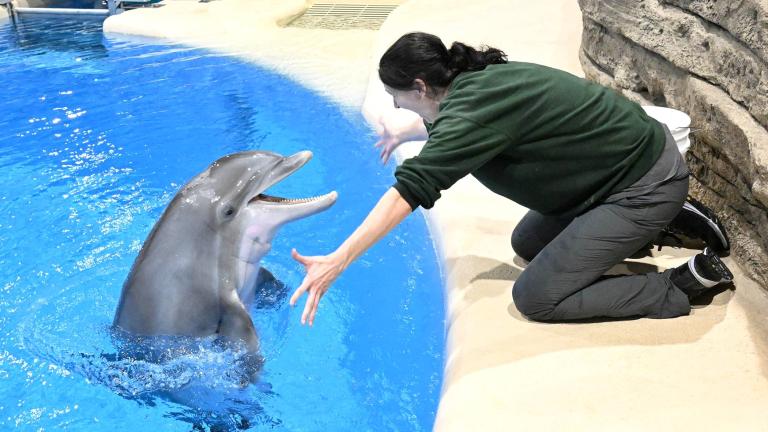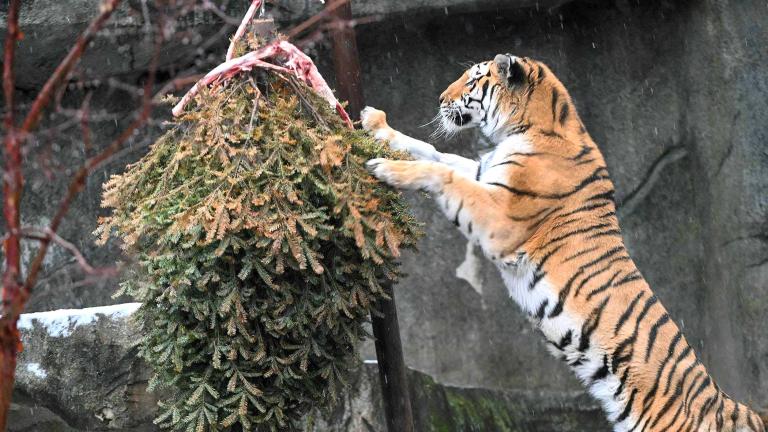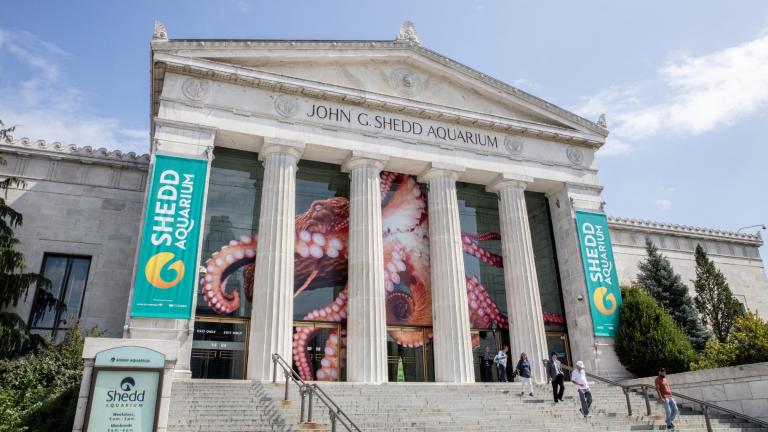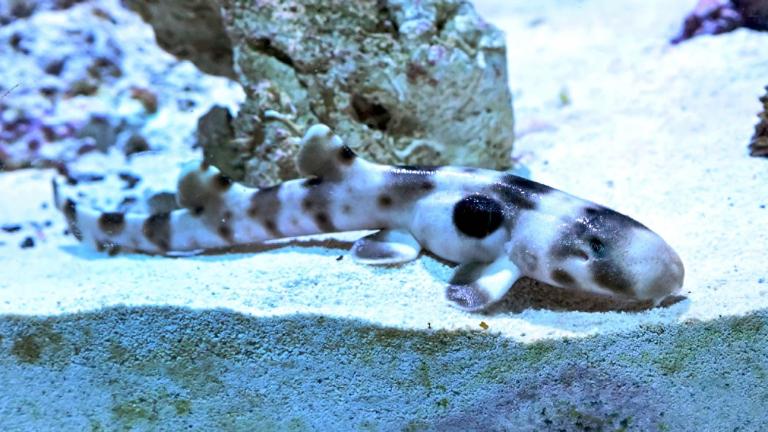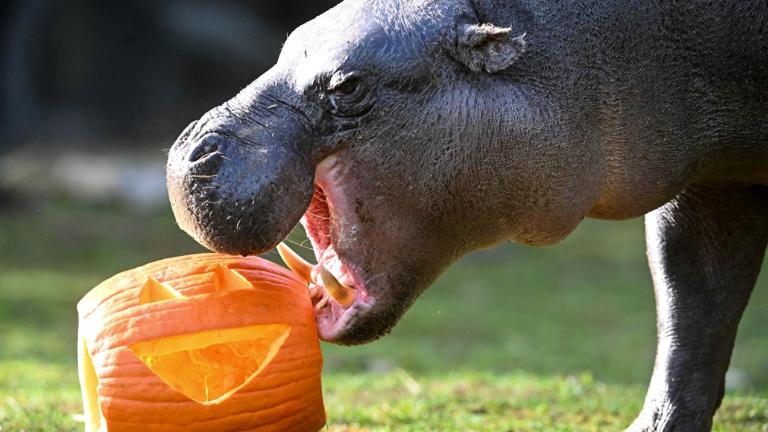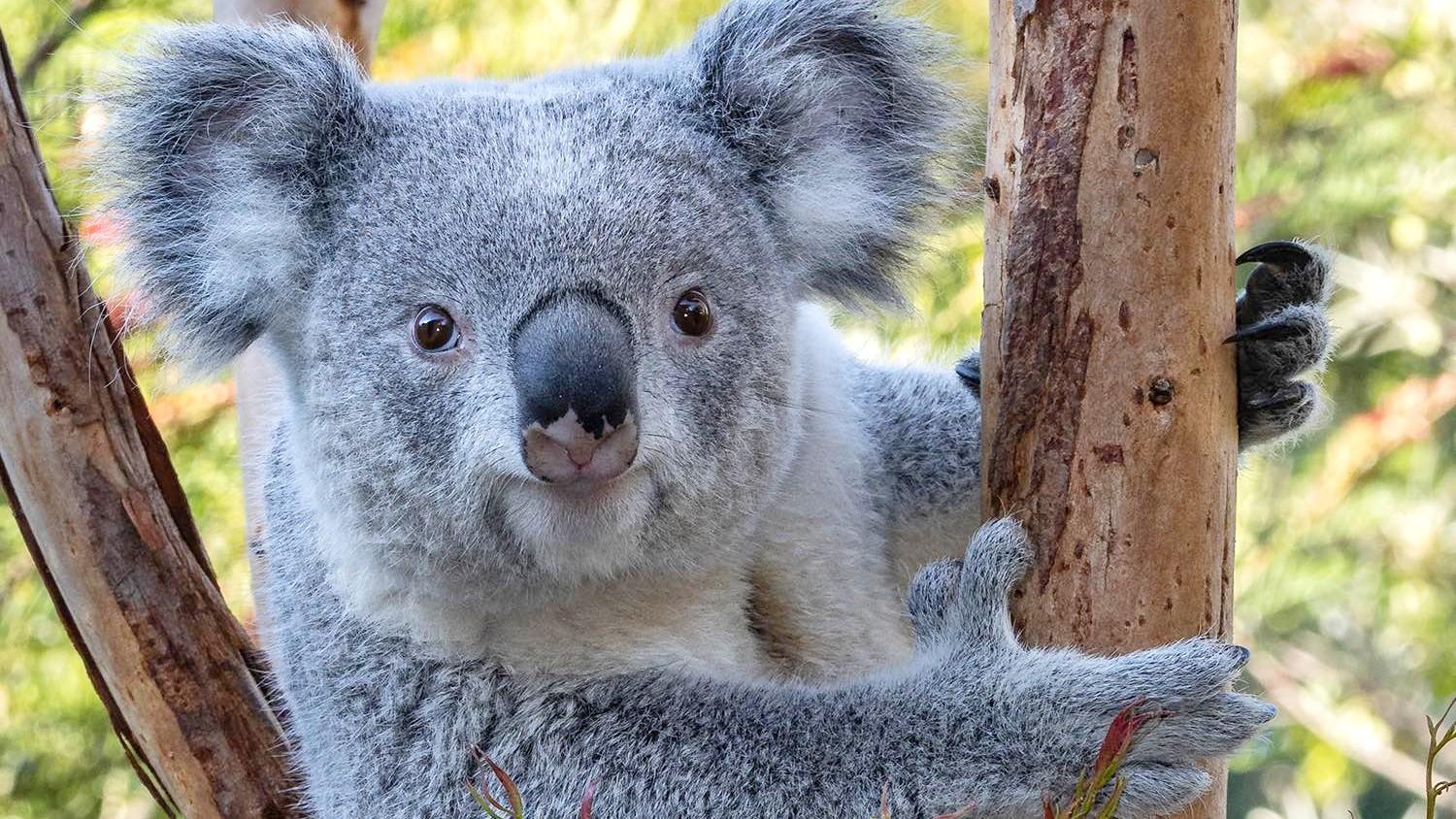 Brumby, a 2-year-old koala, is coming to Brookfield Zoo Chicago. (Courtesy of San Diego Zoo)
Brumby, a 2-year-old koala, is coming to Brookfield Zoo Chicago. (Courtesy of San Diego Zoo)
Arguably the unofficial brand ambassadors of Australia, koalas are among the most popular creatures on the planet — and they’re coming to Brookfield Zoo Chicago.
Brumby and Willum — a pair of 2-year-old marsupials — will make their debut Memorial Day weekend, the first koalas to call the zoo home in Brookfield’s 90-year history. Koalas are found at fewer than a dozen accredited zoological institutions in North America.
The koalas are arriving thanks to a partnership with San Diego Zoo Wildlife Alliance and San Diego Zoo’s Koala Education and Conservation Project.
Koalas are listed as a “vulnerable” species in their native Australia by the International Union for Conservation and Nature (IUCN).
According to a recent report in the New York Times, populations in some areas have fallen by as much as 80%. Habitat loss, drought, wildfires, collisions with cars, infectious diseases and a highly selective diet have all contributed to koalas’ decline.
Koalas live on eucalyptus leaves, which are poisonous to most other animals and only tolerated by the marsupials because of specialized gut bacteria. The energy it takes to digest the low-in-nutrients eucalyptus is one reason koalas sleep so much — 18 to 22 hours a day, according to Brookfield officials.
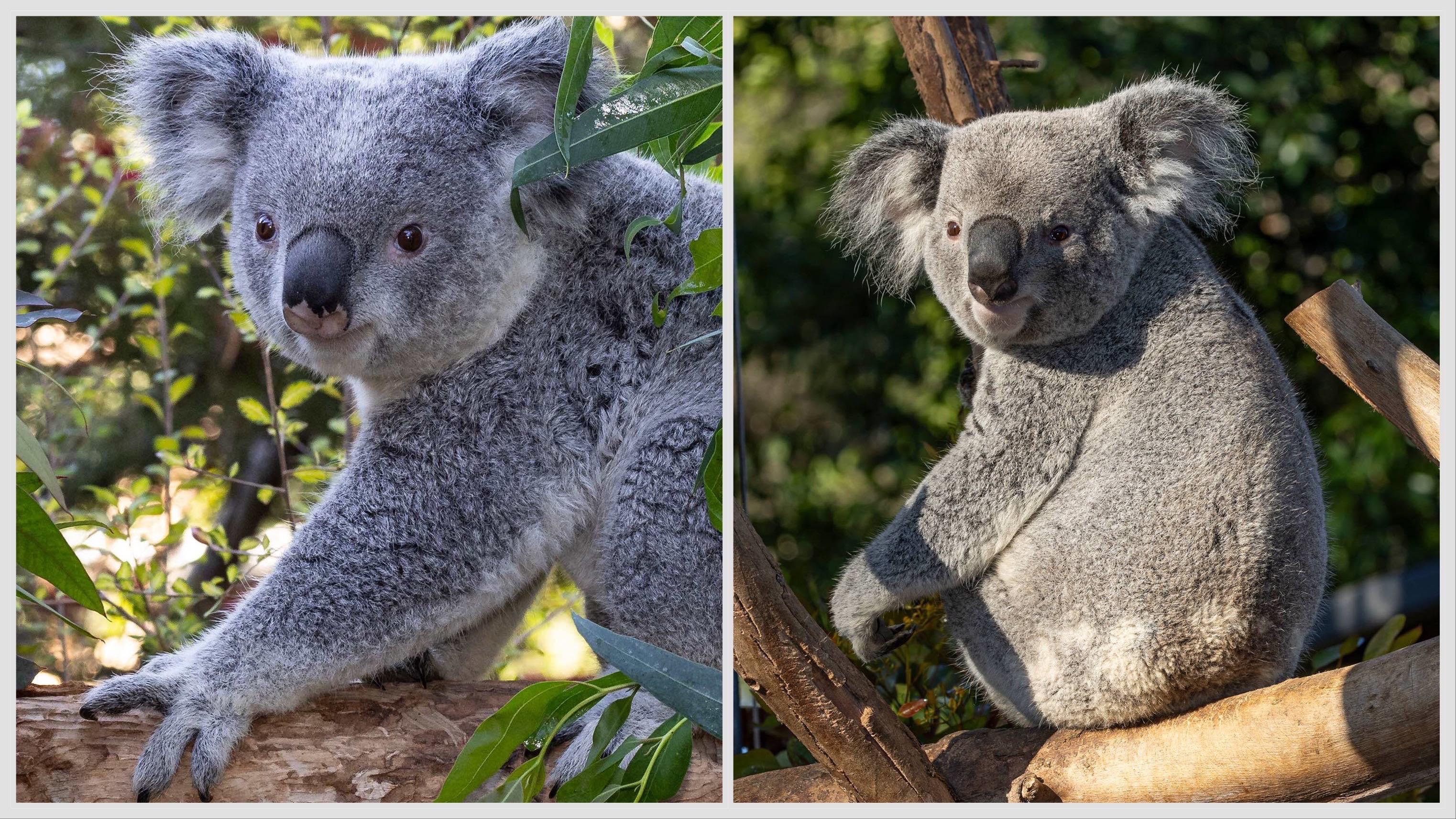 Brumby, left, and Willum, right, will be Brookfield Zoo’s first-ever koalas. (Courtesy of San Diego Zoo)
Brumby, left, and Willum, right, will be Brookfield Zoo’s first-ever koalas. (Courtesy of San Diego Zoo)
Though the koalas will be a first for Brookfield, the zoo’s ties to Australia go back decades.
In the early 1970s, the zoo bought 16,000 acres of badly depleted land in South Australia. Brookfield’s researchers helped local conservationists manage and successfully restore this acreage, which inspired the transformation of millions of nearby acres into a national park.
The zoo ultimately transitioned its landholdings and conservation operations over to the Australian Landscape Trust.
Contact Patty Wetli: @pattywetli | (773) 509-5623 | [email protected]

